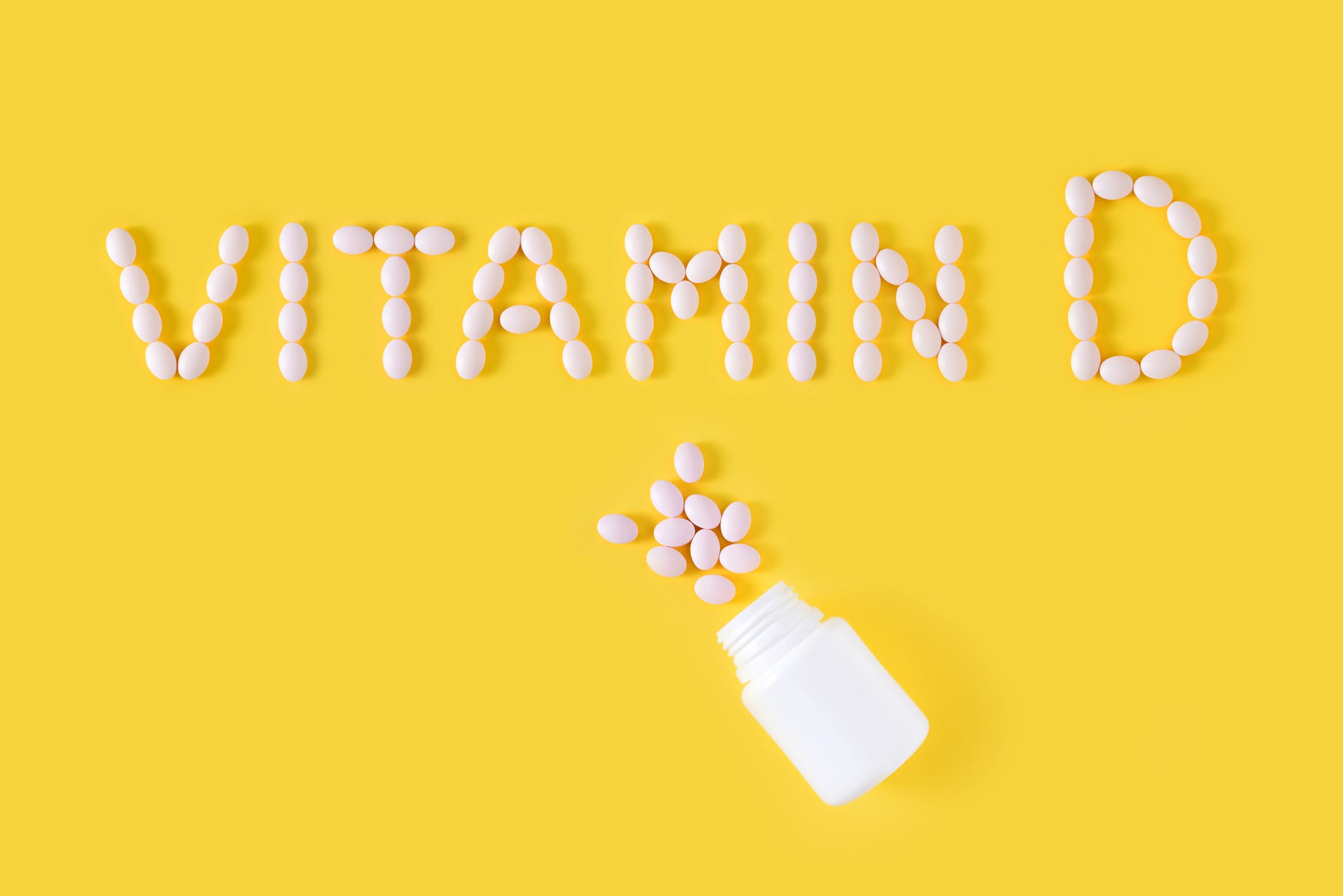Vitamin D is sometimes called the "sunshine vitamin" because the skin can naturally create it when exposed to sunlight. Numerous prior studies have concluded that low blood levels of vitamin D are associated with higher risk for depression in later life, but there have been few large-scale randomised trials necessary to determine causation. Now Okereke and her colleagues have delivered what may be the definitive answer to this question.
"There was no significant benefit from the supplement for this purpose. It did not prevent depression or improve mood," says lead author Olivia Okereke, Director of the Geriatric Psychiatry Clinical and Research Program at Massachusetts General Hospital, US.
The study is of note thanks to its thorough methodology. It included more than 18,000 men and women aged 50 years or older. Half the participants received vitamin D3 (cholecalciferol) supplementation for an average of five years, and the other half received a matching placebo for the same duration. It also included high follow-up and adherence rates, covariate data for addressing key subgroups, availability of nutrient biomarkers, and a local subcohort with in-person psychiatric examinations.
Okereke adds: "One scientific issue is that you actually need a very large number of study participants to tell whether or not a treatment is helping to prevent development of depression," Okereke explains. "With nearly 20,000 people, our study was statistically powered to address this issue."
This study, called VITAL-DEP (Depression Endpoint Prevention in the Vitamin D and Omega-3 Trial), was an ancillary study to VITAL, a randomised clinical trial of cardiovascular disease and cancer prevention among nearly 26,000 people in the US.
From that group, Okereke and her colleagues studied the 18,353 men and women who did not already have any indication of clinical depression to start with, and then tested whether vitamin D3 prevented them from becoming depressed.
The results were clear. Among the 18,353 randomised participants, the researchers found the risk of depression or clinically relevant depressive symptoms was not significantly different between those receiving active vitamin D3 supplements and those on placebo, and there were no significant differences were seen between treatment groups in mood scores over time.
"It's not time to throw out your vitamin D yet though, at least not without your doctor's advice," says Okereke. Some people take it for reasons other than to elevate mood.
VITAL study
The parent trial was a double-blind placebo-controlled RCT testing the effects of vitamin D3 and fish oil supplementation on the prevention of incident cancer and cardiovascular disease.
In the parent trial, 25 871 men aged 50 years or older and women aged 55 years or older were randomised between November 2011 and March 2014 to receive vitamin D3 (2000 IU/d of cholecalciferol) and fish oil or matching placebos in a 2 × 2 factorial design. Randomisation was computer-generated within sex, race, and 5-year age groups.
Baseline serum samples were collected in 16,956 participants. Achieving a racially and ethnically diverse sample was a goal in the parent trial given the higher prevalence of low levels of 25-hydroxyvitamin D among Black persons and darker-skinned persons. Participants self-reported race/ethnicity on the study questionnaire by selecting categorical responses for race and ethnicity. Additional details have been published.
Prior research
The results from this study contrast with those from observational studies. For example, a recent meta-analysis indicated each 10-ng/mL increment in serum level of 25-hydroxyvitamin D was associated with a pooled HR of 0.88 (95% CI, 0.78-0.99) for depression.
However, the current study notes that although 25-hydroxyvitamin D levels were significantly associated with initial mood scores, there were no significant associations between baseline levels of 25-hydroxyvitamin D and subsequent changes in mood scores.
The report states: "Most prior studies did not address depression risk as a primary outcome or use validated depression measures. Nevertheless, even among RCTs that featured doses of 800 IU/d or greater of vitamin D3 and 12 months or longer of treatment, no benefits were observed for late-life mental health or well-being measures."
Limitations
The authors note this study has several limitations: PHQ-8 scores were ascertained only annually, and self-reported mood and depression variables offer uncertain validity; baseline 25-hydroxyvitamin D levels were generally adequate so the ability to observe effects of supplementation may have been attenuated; results cannot be generalised to children or younger adults; and the PHQ-8 score does not characterise suicidality.
Source: JAMA
Okereke. O. I., et al
"Effect of Long-term Vitamin D3 Supplementation vs Placebo on Risk of Depression or Clinically Relevant Depressive Symptoms and on Change in Mood ScoresA Randomized Clinical Trial"
doi:10.1001/jama.2020.10224


